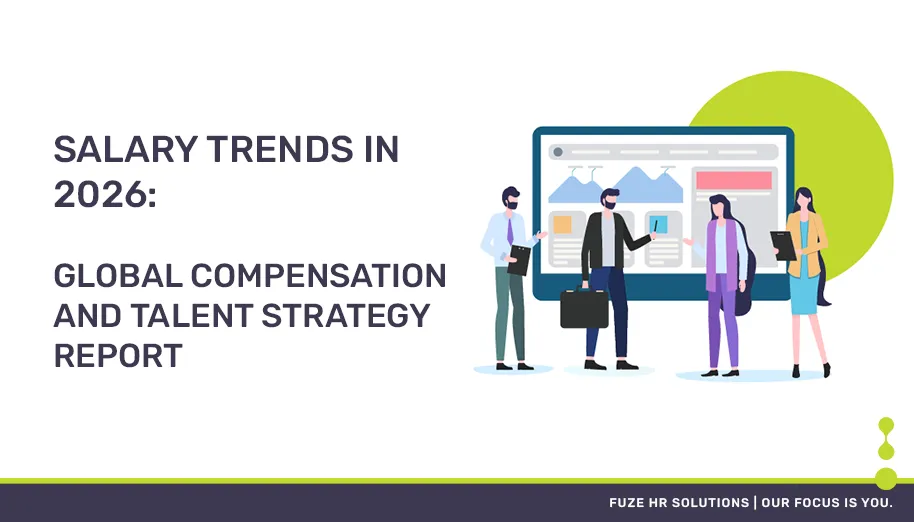When Mia landed her dream interview at a tech startup, she did what most of us do: preparing for the interview, scoured the internet for common questions, rehearsed her elevator pitch, and printed fresh copies of her résumé. But when she walked into the meeting room, she was hit with a curveball. Instead of asking about her greatest weakness, the hiring manager handed her a whiteboard marker and said, “Show me how you’d improve our onboarding process.”
This is the reality today—not every company follows traditional interview playbooks. No matter how much you research or how many mock interviews you run through, you can’t predict everything. But you can prepare creatively so you’re ready to think on your feet, tell your story confidently, and stand out in the best way.
Here are 8 fresh, creative strategies for preparing for interview success that go beyond the basics:
1. Hack Your Interview Timing
Everyone has a time of day when they feel unstoppable. Maybe you’re sharpest at 9 a.m., or perhaps your brain truly wakes up after lunch. Identify your magic hour—that sweet spot when you’re most focused, energized, and articulate.
If you can, schedule your interview during that time. Let’s say you’re a morning person: an early interview gives you the chance to harness peak productivity. If you’re more creative in the afternoon, ask the recruiter if you can meet later in the day. Hiring managers are often willing to accommodate, and you’ll show up feeling like the best version of yourself.
2. Test Drive Your Commute
Sure, plugging the address into your GPS is smart, but if you want to go the extra mile (literally), do a trial run of your route. Drive or take transit to the interview location a few days beforehand. You’ll get a feel for traffic patterns, parking situations, and building entrances.
Arriving early on interview day—ideally about 15 minutes ahead of schedule—gives you time to decompress and center yourself. Just be careful not to arrive too early (more than 20 minutes) so you don’t rush your interviewer or look overly anxious.
Practicing for your interview, but worried about missing some points?
3. Dress Like You Belong (But With a Twist)
Your outfit is more than fabric—it’s a silent introduction. We all know navy signals confidence and black telegraphs professionalism. But here’s a more creative approach: incorporate a hint of the company’s brand colors or style.
For example, if you’re interviewing at a company like Fuze HR Solutions, which uses lime green in its branding, you could wear a subtle green accessory—a tie, scarf, or pocket square. This tiny detail says you’ve done your homework and you already see yourself as part of the team. Just keep it understated so it feels intentional, not gimmicky.
4. Solve a Problem Before You’re Hired
Most candidates talk about their experience. The best candidates show how they can solve the company’s problems from day one.
During your preparation, research the organization’s products, competitors, and challenges. Maybe you discover they’re struggling to expand into new markets or modernize their website. Bring a few ideas to the interview—specific, actionable suggestions that prove you’re already thinking like an insider.
This strategy shows you’re proactive, creative, and genuinely invested in their success.
5. Bring a 30-60-90 Day Game Plan
Want to take your prep to the next level? Map out what your first three months would look like in the role. A 30-60-90 day plan doesn’t have to be fancy—just a rough outline that shows you’re already thinking like a team member.
Here’s a simple breakdown:
- First 30 Days: Learn and observe. Get to know the systems, culture, team dynamics, and workflows.
- Next 30 (Days 31–60): Start contributing. Take ownership of a few tasks and suggest early optimizations based on what you’ve seen.
- Final 30 (Days 61–90): Begin adding real value. Launch an initiative, improve a process, or drive a project forward.
Bonus points if you tailor this to the company’s pain points or goals. It shows you’re already imagining yourself in the role—and planning how to make an impact.

6. Talk Tech: Yes, Even AI
Artificial Intelligence isn’t a buzzword anymore—it’s a workplace reality. Whether you’re applying for an operations job or a creative role, demonstrate that you’re comfortable using AI tools to work smarter.
Talk about how you’ve used AI for automating tasks, generating insights, or improving processes. If you haven’t yet, start experimenting now. Familiarity with AI will set you apart, signaling that you’re future-focused and ready to help the company evolve.
7. Practice—and Ask Smarter Questions
Role-playing common interview questions with a friend or mentor is helpful, but take it a step further. Use AI platforms to simulate interviews, or record yourself on video and critique your performance.
While you’re at it, craft a few unconventional questions of your own. For example:
- “What would success look like in this role after six months?”
- “What’s something your team wishes new hires understood better?”
- “How does this company measure innovation?”
Asking thoughtful questions not only shows curiosity but also demonstrates you’re serious about making an impact.
8. Prepare Your Exit Like a Pro
Most candidates focus so much on the first impression that they forget about the last one. Leave on a high note by preparing a strong exit strategy.
Before you wrap up, ask about the team’s future goals, upcoming projects, or how the role could evolve. This shows you’re thinking long-term. Finally, express gratitude and reiterate your enthusiasm for contributing to the company’s mission. A confident, well-prepared closing can be the detail that tips the scales in your favor.
Final Thoughts
Preparing for interview success isn’t just about memorizing answers. It’s about finding smart, unexpected ways to show you’re a problem-solver, a team player, and someone who’s ready to grow with the company. When you know yourself, respect your own rhythms, and bring genuine curiosity, you don’t just interview—you connect.





